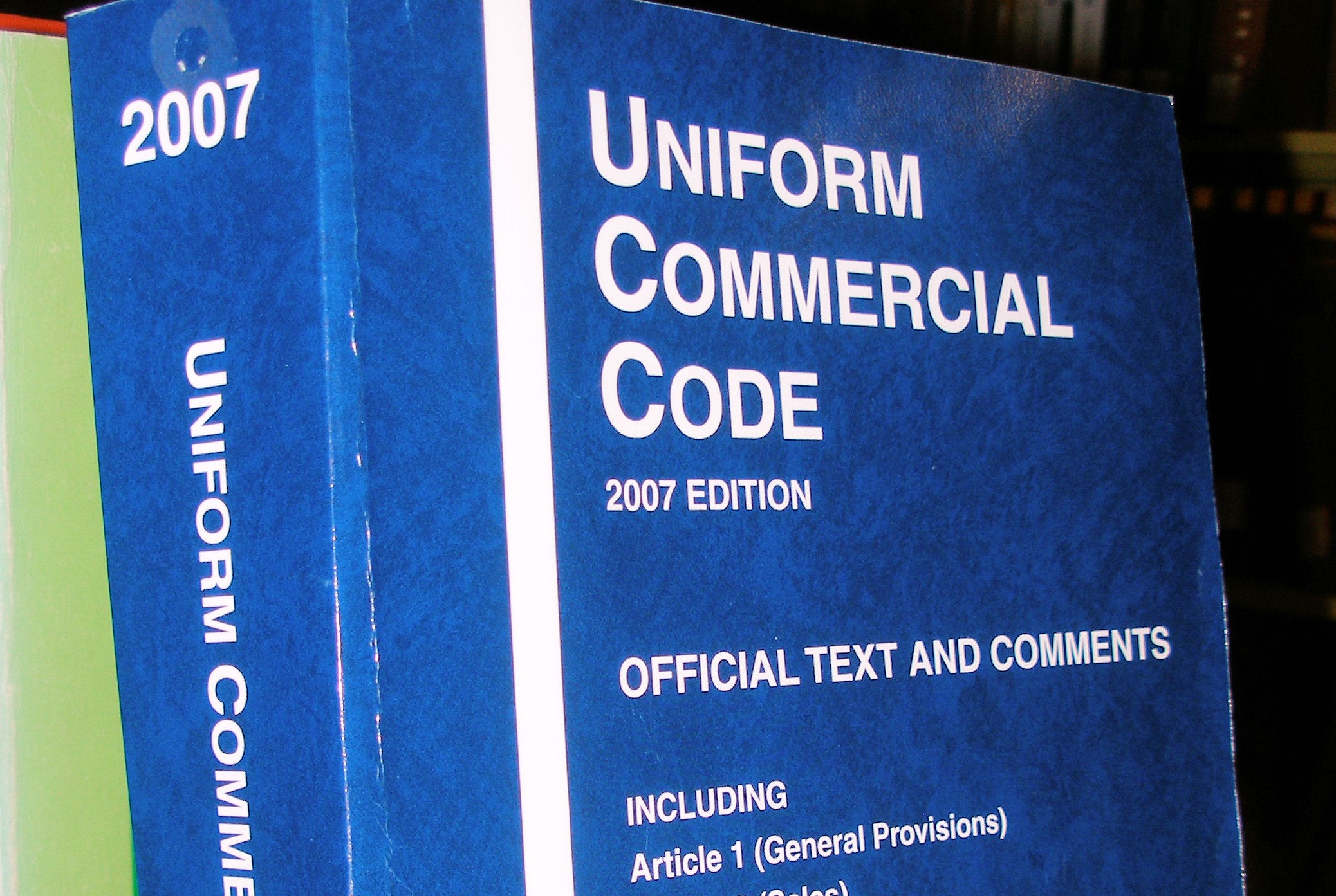Build Ahead
CfOC’s proposed Legal Infrastructure initiative

Over the past several months, the Center for Offsite Construction (CfOC) has engaged in a series of focused conversations with legal and industry leaders to assess one of the most pressing challenges facing the modular construction ecosystem: the lack of standardized legal frameworks and contracting tools tailored to offsite delivery. These conversations culminated in the drafting of a new HUD grant proposal that seeks to establish a novel, research-first approach to legal infrastructure development.
This blog post documents those discussions and outlines the thinking behind CfOC’s proposed Legal Infrastructure initiative, based on working sessions in late June and early July 2025. The primary participants included CfOC Director of Programs Mike Nolan, CfOC Research Director Jason Van Nest, and Ronald Ciotti, Partner at Hinckley Allen and a nationally recognized authority on construction law.
Phase One: Assessing the Challenge
The initial conversations (in late June) were grounded in the recognition that offsite construction projects often struggle to adapt traditional AIA or ConsensusDocs forms to a manufacturing-driven workflow. Ron, who serves on the AGC of America Board of Governors and chairs its Contract Documents Forum as well as its Prefabrication Working Group, brought firsthand insights from several prior efforts to create modular-specific agreements within industry task forces.
Its clear that more than one task force has stalled when members found they did not share a common understanding of what modular delivery actually entails. Disagreements emerge over basic vocabulary, legal classifications, and in the case of offsite, the application of the Uniform Commercial Code (UCC) to modular assemblies. Without a clear framework of shared concepts, contract drafting devolved into patchwork revision of conventional templates rather than forward-looking legal innovation.
Agreement came quickly: the modular industry doesn’t just need better forms—it needs better foundations. Before a new family of contracts can be produced, the field must establish shared definitions, baseline legal interpretations, and a common view of how offsite construction interfaces with the UCC, insurance, risk transfer, and procurement.
Phase Two: Turning Observations into Strategy
In early July, the conversation widened, and began to shape these observations into a structured HUD grant proposal. The CfOC is eager to frame the challenge in terms of research methodology: rather than launching another consensus drafting effort prematurely, what if the project began with a study? What if a legally-oriented team first mapped out the terrain—comparing contract types, identifying scope conflicts, aligning legal vocabulary—before convening a national drafting body?
Drawing from prior interviews about the AIA Standard Forms, and AGC task forces, we've seen how even well-intentioned drafting groups flounder when participants arrive with incompatible assumptions. Without a shared conceptual toolkit, even small differences in interpretation lead to ambiguity and ultimately weaken the resulting documents.
The CfOC envisioned a different model—one that begins with research and dialogue, builds a shared foundation, and only then begins the process of legal authorship.
The Grant Structure: Research First, Drafting Later
The structure of the CfOC’s 2025 HUD proposal reflects this rethinking. The first phase of the project focuses on foundational research: a legal whitepaper that defines and contextualizes the core issues in modular contracting. This paper will be informed by interviews, comparative legal analysis, and real-world document review.
In addition to identifying how traditional construction law falls short, the whitepaper will explore how UCC concepts such as “goods,” “title,” “acceptance,” and “warranty” apply when building components are fabricated, shipped, and assembled by different parties under separate scopes. The whitepaper is intended not just as background, but as a shared reference text that will support the work of a formal consensus committee to be convened in the second year of the grant.
Subsequent phases of the project will use that baseline to produce a library of legal tools: standard manufacturing agreements, modular consultant contracts, installation scopes, and integrated design-manufacturing agreements. These documents will address modular-specific concerns such as transport damage, field remediation obligations, and the coordination of factory and site inspections.
Why This Matters Now
The rapid growth of offsite construction—across modular housing, pods, panels, and component systems—has outpaced the development of the legal frameworks needed to support it. Developers and builders routinely face uncertainty over who owns the risk at each stage of the supply chain. Factory partners are asked to sign contracts written for jobsite subcontractors. Site crews work without clear definitions of delivery standards, completion milestones, or warranty triggers.
The result is hesitation. Projects slow down. Legal fees increase. And innovative delivery methods—ones that could speed housing construction, reduce waste, and improve safety—remain burdened by outdated legal infrastructure.
By beginning with research and shared vocabulary, the CfOC’s Legal Infrastructure project offers a path out of that uncertainty. It builds the foundation for future consensus. And it ensures that the standard forms developed under this grant will be not only technically accurate, but conceptually sound.
Looking Ahead
This initiative is rooted in the collaborative, cross-sector model that defines the CfOC’s broader mission. By bringing legal experts, industry practitioners, and academic researchers into structured dialogue, the project aims to create tools that will be adopted, not just admired.
The team is especially grateful to Ron Ciotti (Partner at Hinckley Allen) and several other lawyers who spoke “off the record” – each for sharing their experience so candidly and for agreeing to serve as lead legal investigator on this project.
The CfOC looks forward to continuing this work, and to sharing the whitepaper and subsequent tools with the broader modular community as the project unfolds.
More Posts
All PostsFeb 16, 2026
What's Critically Missing in the Road to Housing Act
Feb 16, 2026
The CfOC's Lessons from Advancing PreFab 2026
Feb 01, 2026